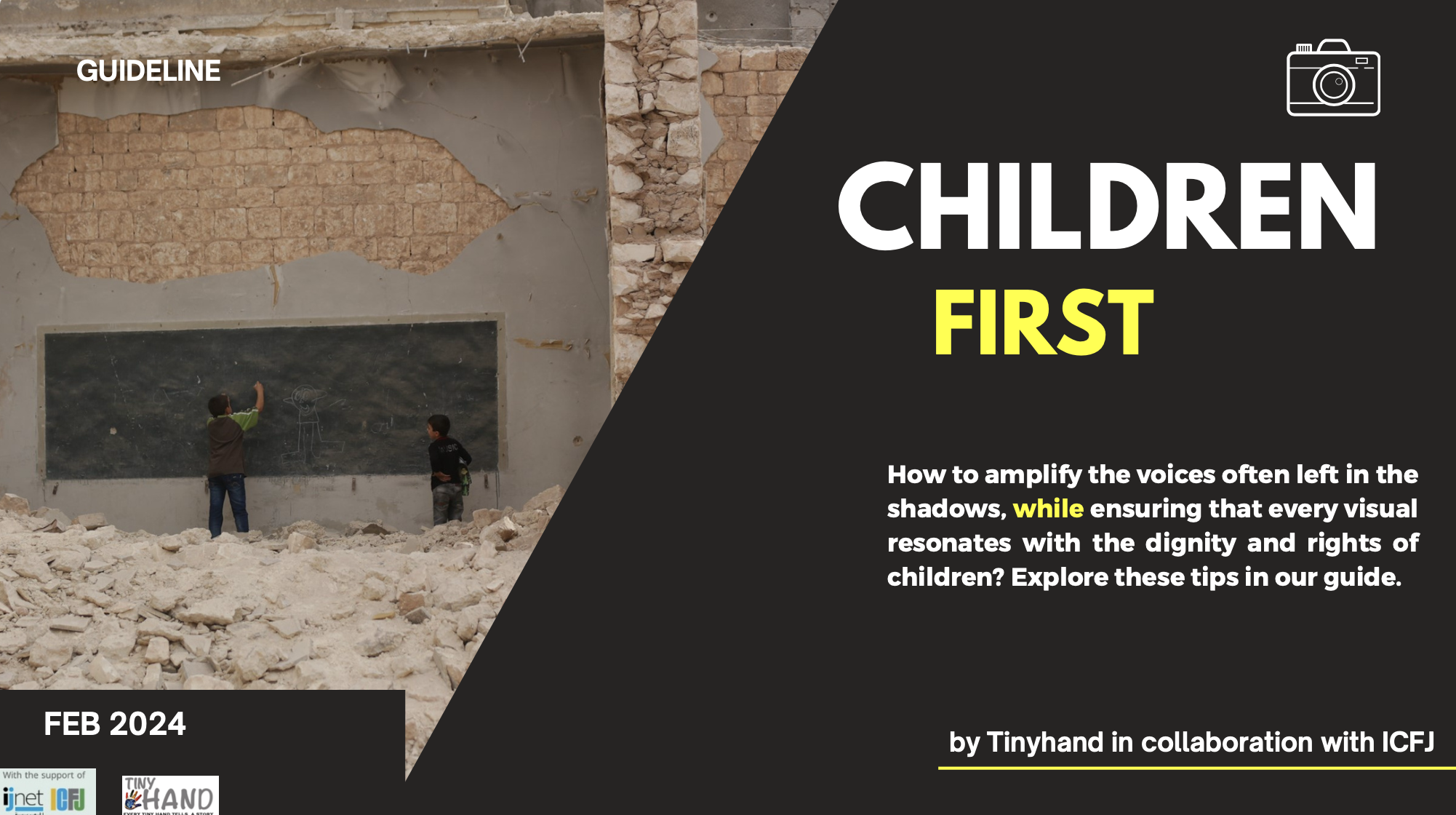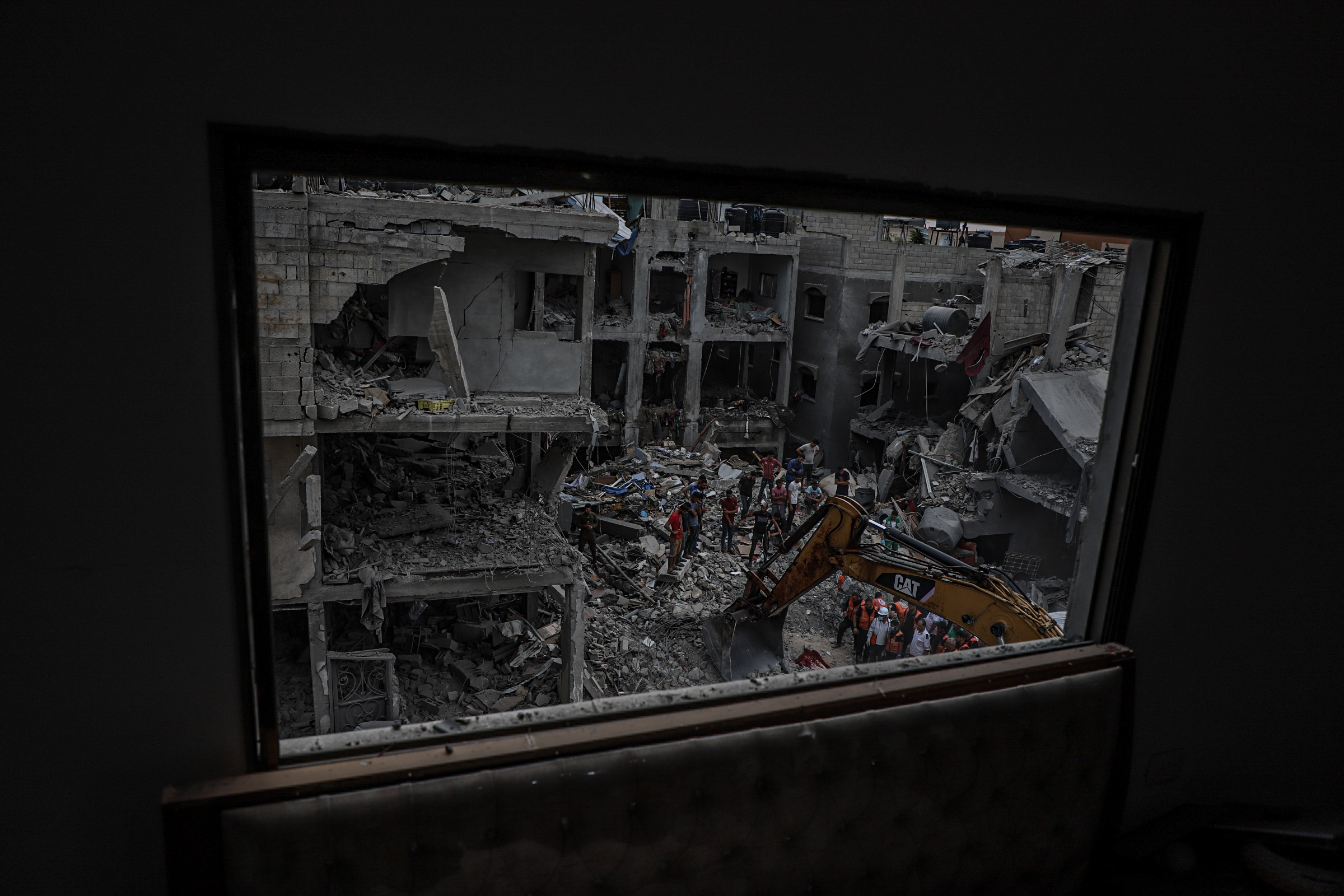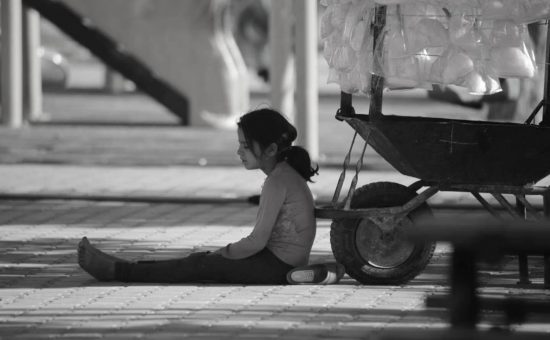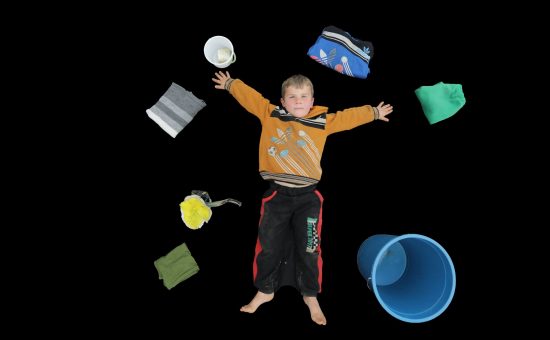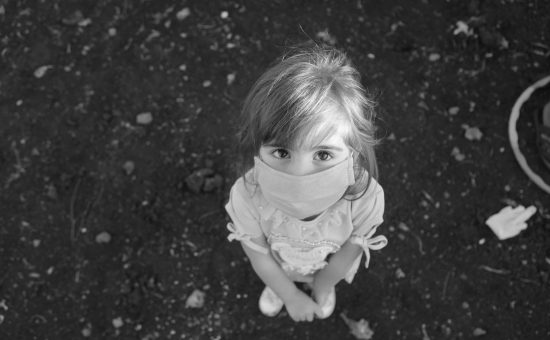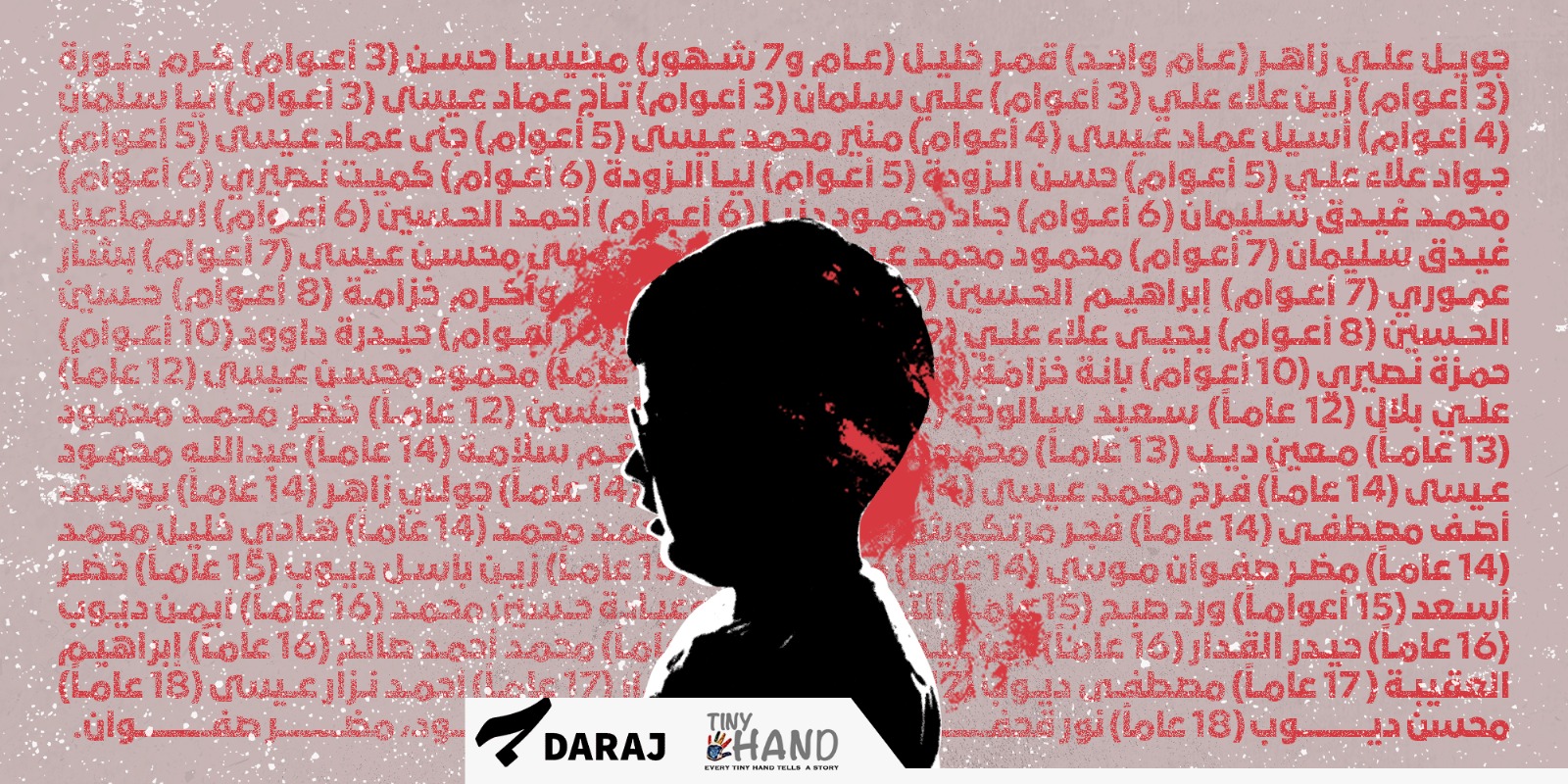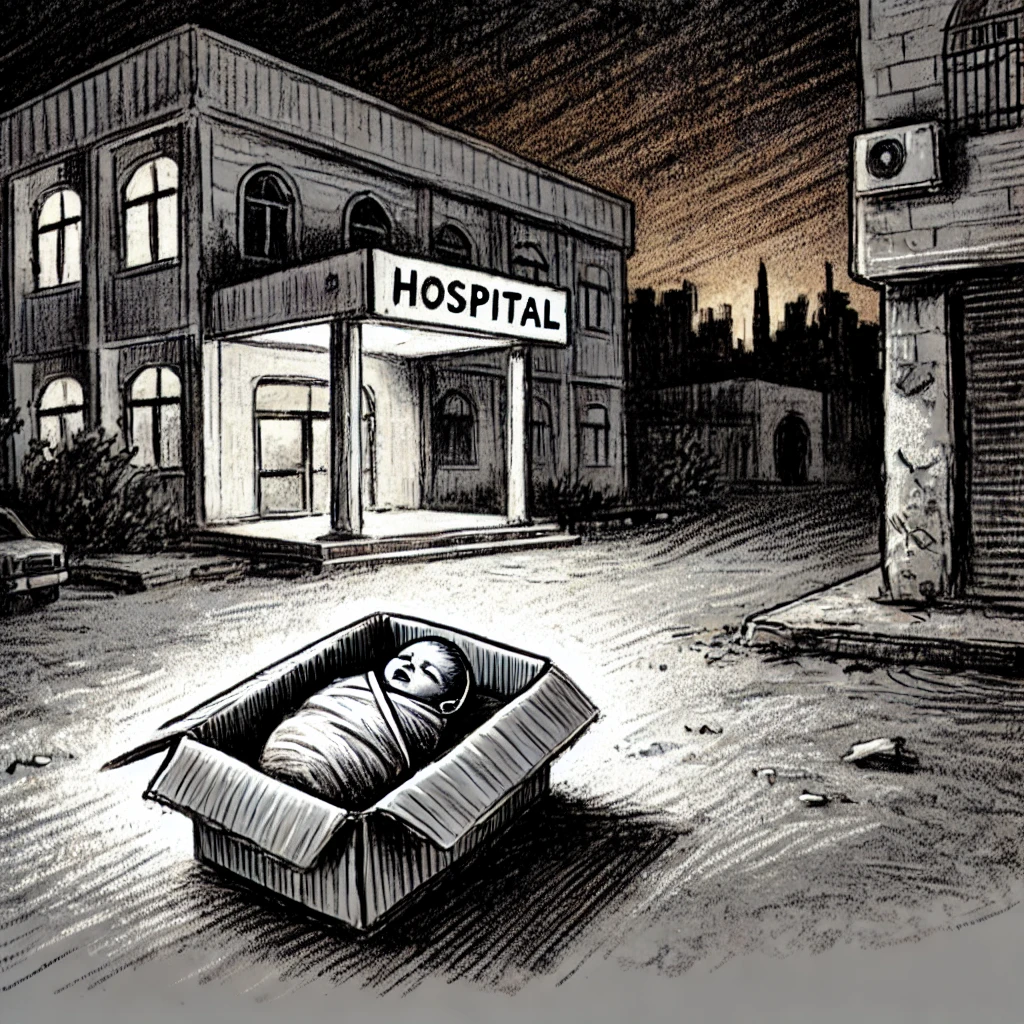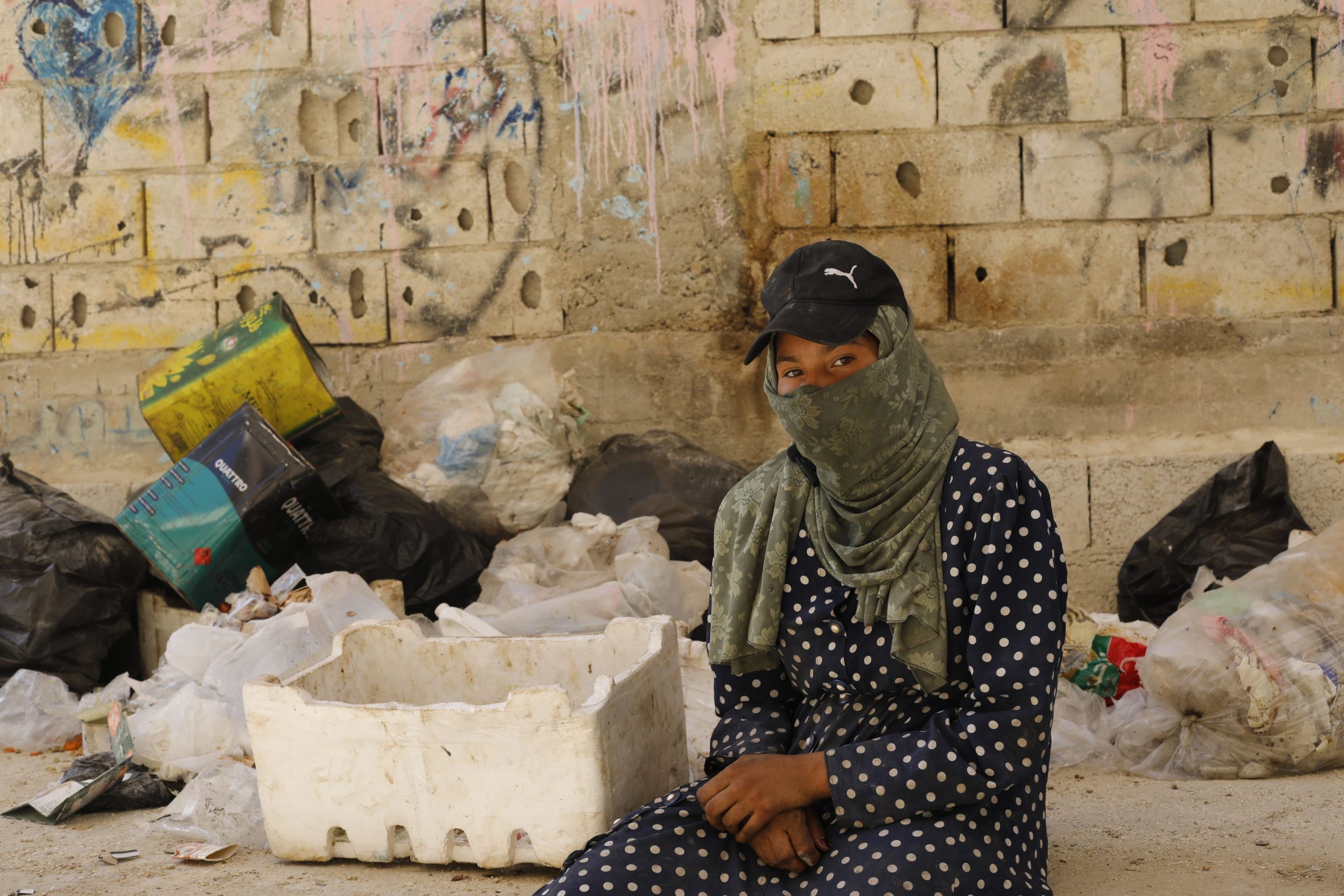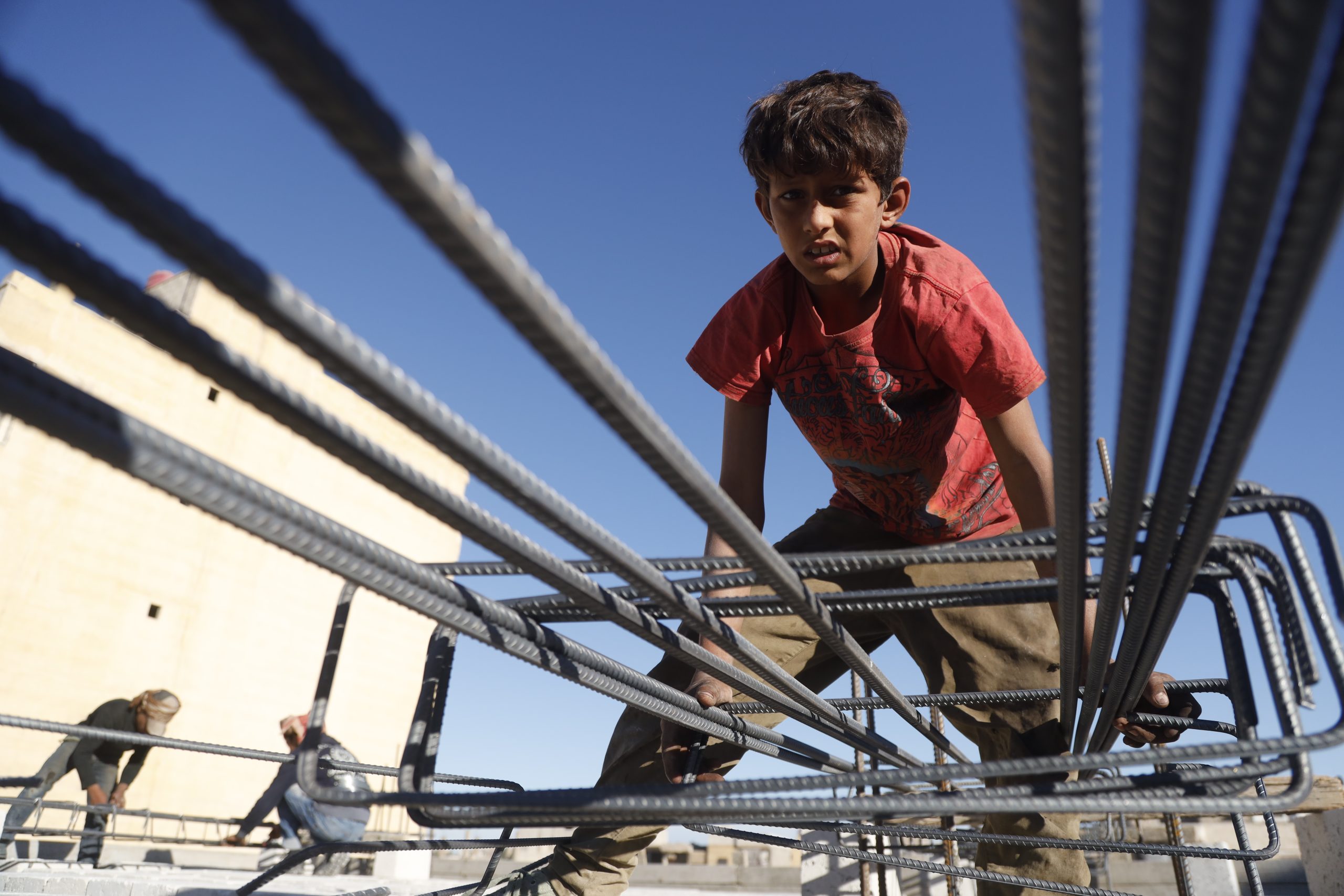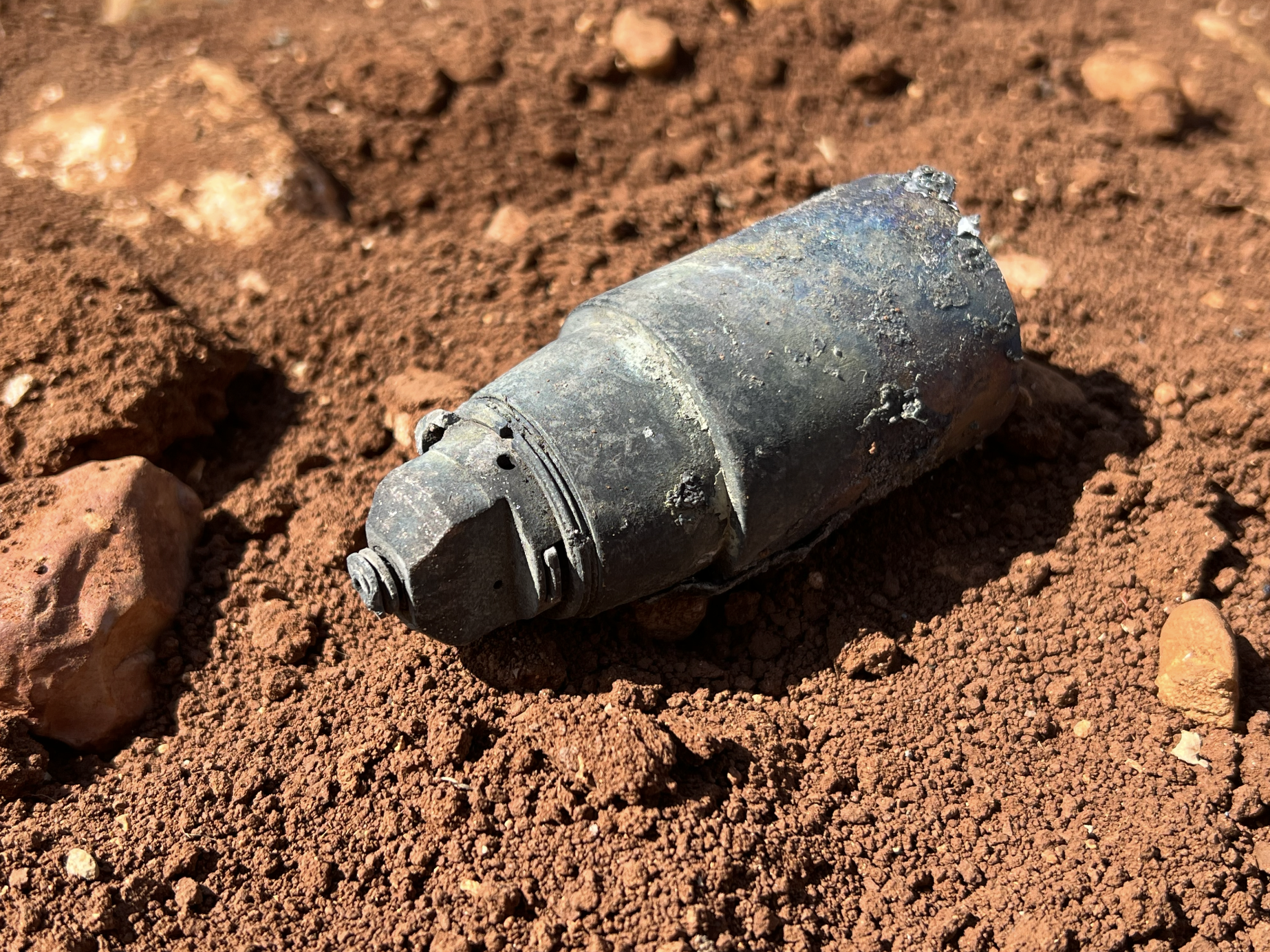The Tiny Hand team, in collaboration with Daraj, collected over 50 testimonies documenting the killing of 60 children during the massacres in the Syrian coastal region. To this day, the perpetrators have not been held accountable. These were “unidentified” killers — witnesses interviewed could not determine their factional affiliations, alongside others from armed civilian groups who arrived in the coastal area. Amnesty International has called for their prosecution, considering the events of March 6, 7, 8, and 9, 2025, to be war crimes….
All names in this investigative report have been changed to protect the safety and security of those involved and to ensure the identities of the foster families who have taken in some of these children remain confidential. Confidentiality is a fundamental principle in the success of this mission, as safeguarding the identities of both the children and the families providing care is critical, particularly in regions affected by ongoing conflict and instability.
In the heart of Old Damascus,, where life is marked by challenges and hardships, lives Maya. At just 14 years old, she carries burdens far beyond her years.
At five in the morning, we met Issa in his modest, rural home in al-Karamah area of the Raqqa countryside. The early breeze bit into our faces as Issa finished breakfast with his brothers and father. Dressed in a red shirt, he had pulled on a light cotton jacket to shield himself from the morning chill.
Sunday, December 15th. While students from various cities and villages across Syria packed their bags in preparation for their first day of school after the fall of Assad, Ali was gearing up for a long day at work. His workshop awaited him, where he would spend hours of his day surrounded by tools and engines.
In Syria, one-third of the population lives in communities contaminated by unexploded ordnance

